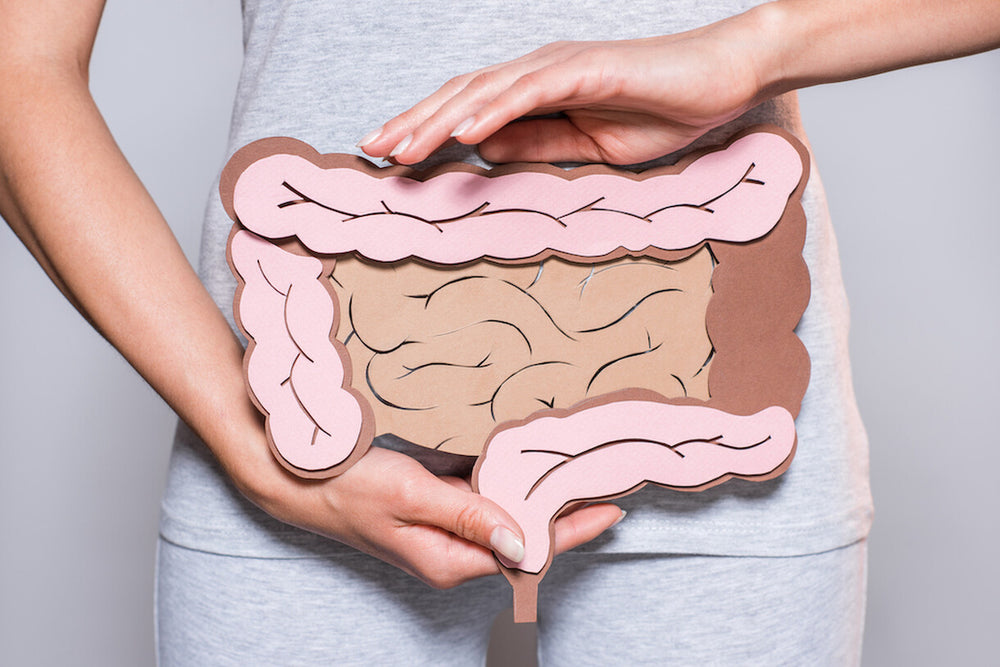
Taking Antibiotics? See How The Probiotic Saccharomyces boulardii Can Help
Gut microbiota, or gut flora—the tiny organisms (e.g., bacteria, viruses, fungi) living within your intestines and digestive system—affect more than just how you digest food. The balance or imbalance of good to bad bacteria can affect your mood, mental health, and how you fight disease. The foods you eat, the medicines you take, and other environmental factors can affect the delicate balance of microbiota in your system.
This article looks at the effect antibiotics can have on your digestive system and gut health, as well as how taking the probiotic Saccharomyces boulardii with antibiotics may help restore gut microbiota.
Effect of Antibiotics on Gut Health
Antibiotics are a common cause of imbalance and distress in your digestive system. They can cause diarrhea and, especially with certain antibiotics or long-term use, a more serious form of diarrhea and colitis called C. difficile or “C. diff.”
The disturbance antibiotics cause makes sense because the gut is filled with bacteria and antibiotics are meant to stop a bacterial infection by targeting bacteria. To counter the infection, antibiotics eliminate and stop the reproduction of bacteria in your body. Unfortunately, this means both good and bad bacteria are targeted, which can throw off the balance of your gut microbiota.
Because S. boulardii is not bacteria based (it’s actually derived from a fruit yeast), it is not a target of antibiotics. This means Florastor® probiotics, which use proprietary strain Saccharomyces boulardii CNCM I-745, survive the antibiotics with their normal effectiveness intact. Even if you take Florastor® at the same time as antibiotics, this probiotic keeps working to help flush bad bacteria and boost the good bacteria to help restore your natural flora and digestive balance. It also actively stimulates your immunity, and no other probiotic than Florastor® has proven resistant to 16 of the most common oral antibiotics. When your immune system is under attack from infection, this is an added advantage.
Saccharomyces boulardii Probiotic with Antibiotics
Because we make Florastor® probiotics, we say the best probiotic to take with antibiotics is one that is S. boulardii based. But, like with any supplement, you should talk to your doctor and try different ones to see which probiotic might work best for you based on your own health needs and conditions.
There is plenty of science behind S. boulardii and its resistance to antibiotics. In addition, the probiotic cells in Florastor’s unique strain of S. boulardii are larger and stronger than many other probiotics, resulting in greater intestinal coverage and protection. When there is an imbalance of gut flora (due to a bacteria or other imbalance), called gut dysbiosis, your digestive system isn’t the only part of your body that suffers. Your gut health can affect your moods, your mental health, your immunity and more.
Learn more about Florastor probiotics and S. boulardii in our FAQs.